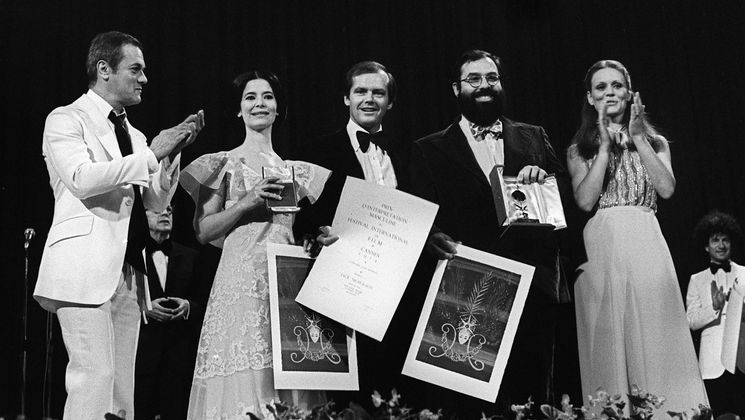
Le Mépris, Jean-Luc Godard’s incandescent poem

Famous for the iconic lines spoken by Brigitte Bardot as she asks Michel Piccoli to appraise each part of her naked body Contempt (Le Mépris) (1963) is a work of incandescent charm which recalls how hard the New Wave director strove to overturn assumptions and to shine in ways that cinema did not expect. A restored version of the film is being shown at Cannes Classics.
Considered today as one of the greatest films of French cinema, Contempt (Le Mépris) was a resounding failure financially when it was released: it failed to take the audience with it, despite the presence on screen of the icon Brigitte Bardot and the German filmmaker Fritz Lang playing himself.
Adapted from a 1954 novel of the same name by Alberto Moravia, the feature film tells the story of Camille (Brigitte Bardot) and Paul Javal (Michel Piccoli), a couple who live in Rome. When Paul is contacted by a producer, Jeremy Prokosch (Jack Palance) and asked to work on a cinema adaptation of The Odyssey, he sees an opportunity to earn enough money to realise his dream of writing for the theatre, and thus prove to his wife that he is talented, even if it means deliberately allowing the American producer to woo her. But the young woman refuses to take part in his scheme, and the love she felt for him turns to contempt.
“And my ankles? Do you think my ankles are nice? … And my bottom? Do you think I’ve got a nice bottom?”.
The film is a sophisticated examination of cinema in prose form – made sublime by the music of Georges Delerue – showing its complex relationships with money and the difficulty writers experience in being able to work in a way that expresses their artistic desires. Contempt (Le Mépris) enables Godard, who was criticised at the time for not knowing how to shoot and edit a film, to get his revenge on those who took it upon themselves to dictate the future direction of cinema.
Along with Godard par Godard (Godard by Godard) the documentary by Florence Platarets and Frédéric Bonnaud, and Drôles de Guerres (Phoney Wars) a world premier of his final work for cinema, the film is one of the three works to be screened by the Festival de Cannes in tribute to the filmmaker, who died in September 2022.
Presented by Studiocanal. Restoration, supervision and digitisation in 4K by Studiocanal at Hiventy, with the participation of the CNC (French National Centre of Cinematography).



